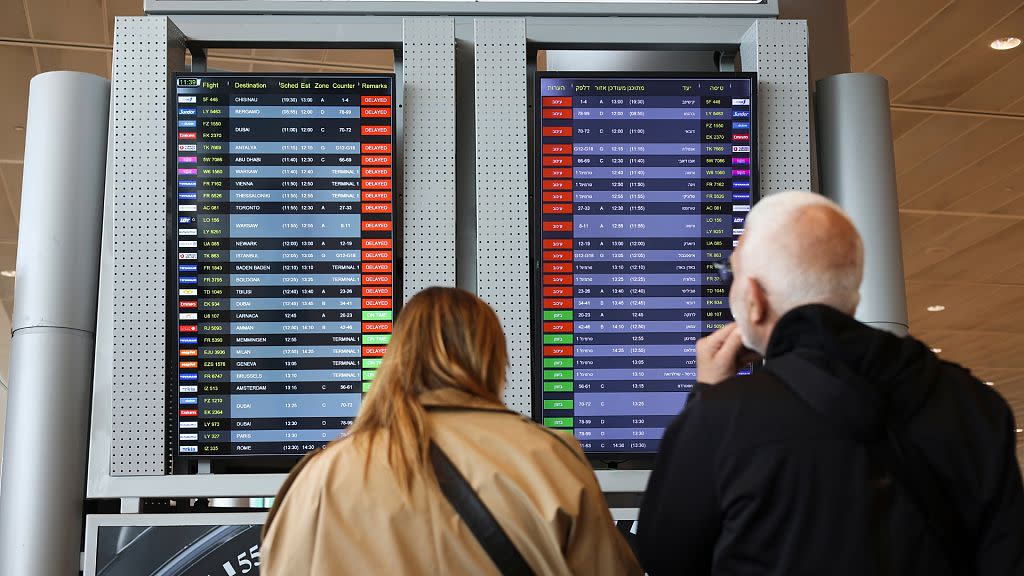A wave of flight disruptions hit the Middle East on Friday as airlines scrambled to cancel or reroute routes following Israel’s airstrikes on military and nuclear sites in Iran. The strikes prompted multiple nations—including Iran, Iraq, Jordan, Syria, and Israel—to shut down their airspace, bringing significant air traffic to a halt.
Two Air India flights—New Delhi to Vienna and Mumbai to London—were forced to turn back just as they were about to enter Iranian airspace when the attack began, according to aircraft tracking data from FlightAware.
Emirates, the region’s largest airline, announced the suspension of flights to and from Iran, Iraq, Jordan, and Lebanon due to the escalating tensions.
Qatar Airways followed suit, temporarily halting all flights to Iran and Iraq, citing regional instability. Air France confirmed its suspension of all flights to Tel Aviv “until further notice,” emphasizing that passenger and crew safety remains its highest priority.
The German-based Lufthansa Group said it would suspend flights to both Tehran and Tel Aviv through the end of July, as a precaution.
India’s national carrier, Air India, diverted or recalled 16 international flights to London, Canada, and the U.S. due to the volatile situation over Iranian airspace.
Airports in the United Arab Emirates also reported operational delays. Abu Dhabi International Airport warned of continued disruptions throughout the day, while Dubai Airport confirmed delays and cancellations due to the closure of airspace over Iran, Iraq, and Syria.
As geopolitical tensions intensify, the ripple effects are being felt across global aviation, with safety measures forcing airlines to rethink routes and passengers facing major delays.

